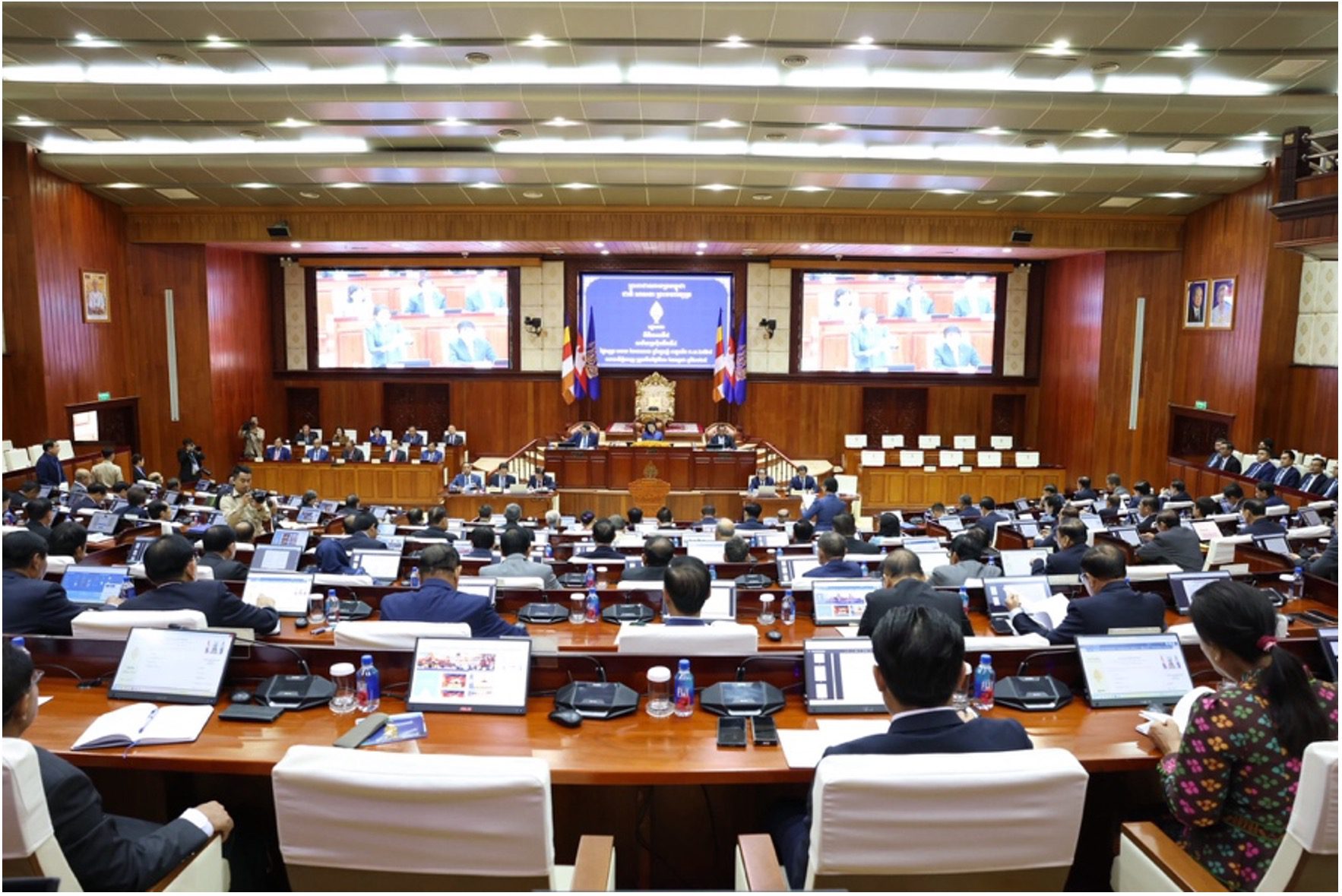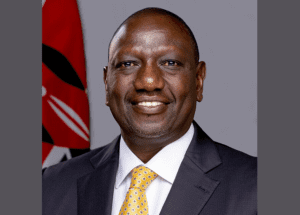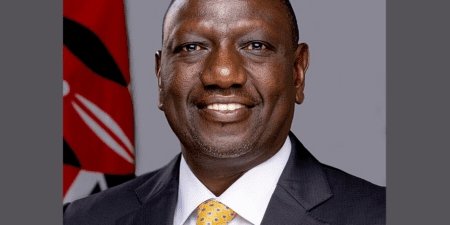
Cambodian Constitutional Amendment Changes Citizenship Revocation Law

BGA Cambodia Adviser Siriwat Chhem wrote an update on Cambodia’s new constitutional amendment and its implications for businesses.
Context
- Cambodia’s National Assembly unanimously approved a constitutional amendment July 11, enabling the legal revocation of citizenship for individuals found guilty of treason or causing serious harm to national interests in coordination with foreign entities. The amendment revises Article 33 of the constitution and has now been established as part of the government’s national security agenda.
- Although the measure has been presented as targeted and preventive, it introduces legal and reputational considerations for organizations with Cambodian stakeholders, especially in cross-border and politically sensitive sectors. Multinational corporations operating in Cambodia should evaluate the amendment’s potential implications based on their exposure and prepare for legal and regulatory clarifications going forward.
Significance
- The amendment to Article 33 introduces a legal foundation to revoke Cambodian citizenship in cases involving treason or collaboration with foreign powers deemed harmful to national interests. The previous version of Article 33 guaranteed citizenship rights without provisions for removal. This amendment enables the government to create a legal framework for enforcement, which is still pending.
- The government has publicly stated that the law is aimed at safeguarding national sovereignty and will apply strictly to individuals found guilty of treasonous acts. Officials clarified that ordinary citizens and lawful actors should not be concerned. However, the legal interpretation of terms such as “collusion with foreign countries” has not yet been defined, and this may have implications for implementation.
- Opposition leaders and civil society groups have voiced concerns over the amendment’s potential impact on democratic rights and civil liberties. Although the government has framed it as a national security measure, critics warn that vague definitions could restrict political expression and dissent.
Implications
- The amendment introduces legal uncertainty that may affect multinational corporations operating in sensitive or internationally connected sectors. Key risks include the lack of clarity around what constitutes “treason” or “collusion with foreign powers,” which could impact organizations with foreign affiliations. While no enforcement cases have been reported, the potential for reputational or compliance concerns warrants proactive internal review.
- A new law or sub-decree will be required to operationalize the constitutional amendment. This legal instrument is expected to clarify definitions, due process procedures and jurisdictional responsibilities. Until then, the amendment alone does not alter existing operational laws but may signal future regulatory developments.
- Multinational corporations should take a proactive approach to assess legal exposure and prepare for possible regulatory changes. This includes monitoring future law implementation, reviewing internal policies related to staffing and partnerships and ensuring alignment with a politically neutral and compliant operating posture. Consulting local legal counsel and conducting scenario planning can help mitigate risks and ensure operational continuity.
We will continue to keep you updated on developments in Cambodia as they occur. If you have any comments or questions, please contact BGA Cambodia Adviser Siriwat Chhem at schhem@bowergroupasia.com.
Best regards,
BGA Cambodia Team

Siriwat Chhem
Director
Siriwat is an advisor, a consultant and a former think tank director with expertise in digital transformation, artificial intelligence (AI) and cyberdiplomacy. His professional background includes board positions, executive roles, advisory work and consulting engagements across government, industry and academia. He helps BGA clients navigate the complex global cyberspace to harness digital technology innovation for sustainable development. Prior to joining BGA, Siriwat was founding director of the Asian Vision Institute Center for Inclusive Digital Economy, where he led a team of 50 members, directed the publication of two books and 80 policy papers and initiated national research projects and capacity-building ... Read More
×
























